Responding to the requirements of the profound digital transformation context
Speaking at the discussion in Group 1, National Assembly Deputy Le Nhat Thanh agreed with the Government 's Submission and the Verification Report of the Committee on National Defense, Security and Foreign Affairs. Accordingly, the promulgation of the Law is necessary to promptly institutionalize the Party's guidelines and viewpoints; overcome overlaps, contradictions, and unclear demarcation of authority and functions between the two current laws. At the same time, it meets practical requirements in the context of extensive digital transformation and increasingly complex cross-border cyberattacks and cybercrimes.
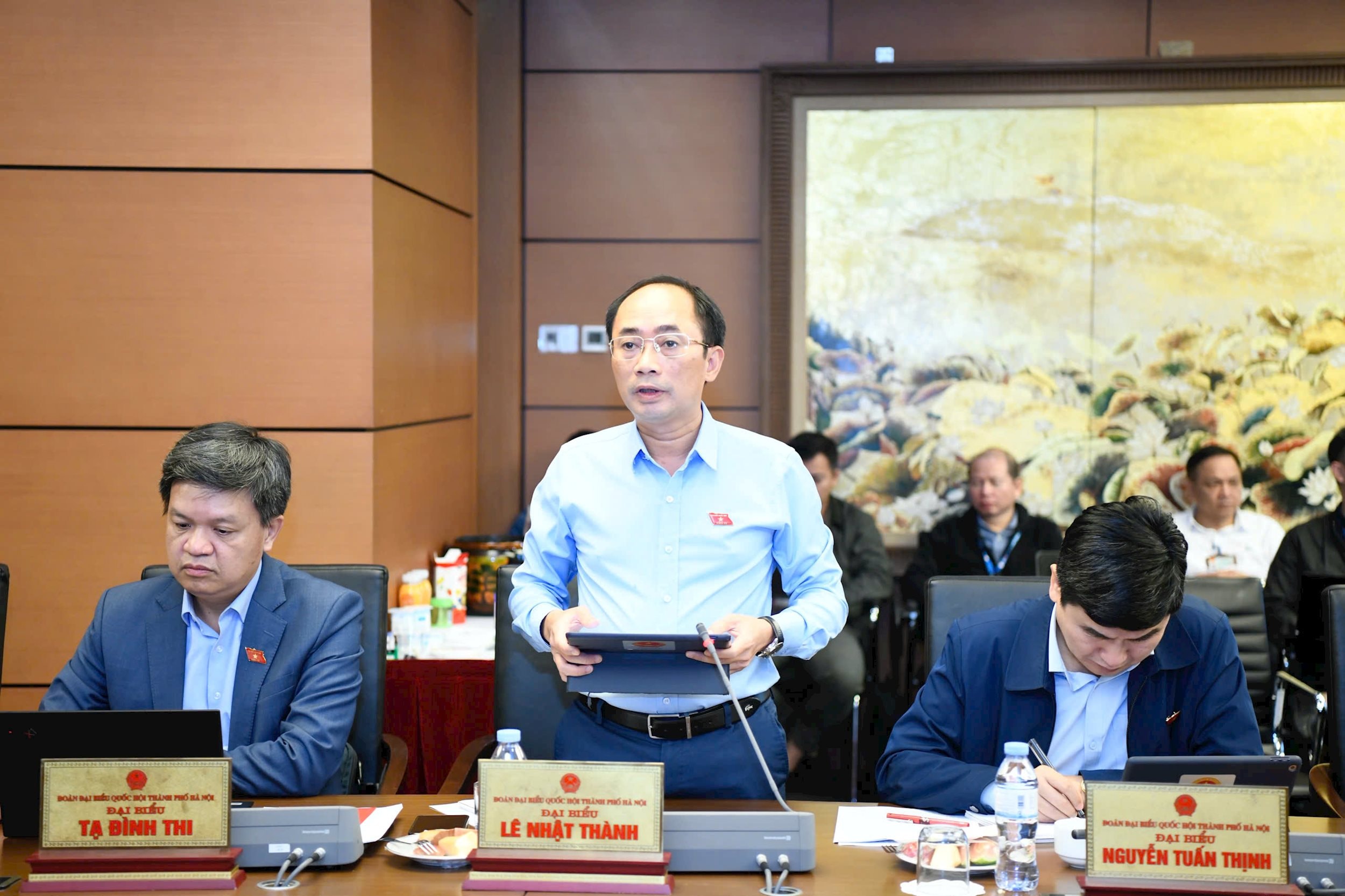
Commenting on the draft Law, National Assembly Deputy Le Nhat Thanh highly appreciated the careful preparation of the drafting agency. Although the draft Law was developed according to a shortened order and procedure, during the process of developing the draft Law, the drafting agency still organized to collect public opinions on the Ministry of Public Security's Electronic Information Portal; at the same time, it collected opinions from ministries, ministerial-level agencies, relevant agencies and People's Committees of provinces and cities. This demonstrates the spirit of openness and efforts to complete the draft Law by the drafting agency.
To continue perfecting the draft Law, National Assembly Deputy Le Nhat Thanh proposed a number of specific contents. First of all, the review and perfection of the draft Law must adhere to the principles, which is to ensure unity in state management responsibilities and responsibilities of agencies and organizations, in the spirit of Resolution No. 18-NQ/TW of the Central Executive Committee on continuing to innovate and reorganize the apparatus of the political system to be streamlined, effective and efficient; in which, it is clearly defined that "one task is only chaired and primarily responsible by one agency".
In addition, the Law on Cyber Security (amended) needs to be identified as a framework law, on the basis of consolidating current provisions of the Law on Cyber Security 2015 (amended and supplemented in 2018) and the Law on Cyber Security 2018, to serve the implementation of the new organizational model of the political system according to Conclusion No. 177-KL/TW of the Politburo; in which, the Ministry of Public Security takes over the task of state management of cyber security from the former Ministry of Information and Communications.
In addition, the delegate said that only the contents that have been specifically directed by competent authorities should be added to the draft Law; for new policies, it is necessary to summarize practices, carefully evaluate and report to competent authorities for consideration and decision in the next amendments to the Law.
Regarding the authority of the specialized force for cyber security protection, it is necessary to review and adjust in the direction of assigning the specialized force for cyber security protection of the Ministry of Public Security to take responsibility for ensuring cyber security nationwide; other forces and agencies, according to their functions and tasks, are responsible for coordinating with the specialized force for cyber security protection of the Ministry of Public Security to carry out cyber security protection work.
Additional data security regulations are needed
Also according to National Assembly Deputy Le Nhat Thanh, at the 9th Session, the National Assembly passed the Law on Personal Data Protection. However, in addition to personal data, data also includes organizational data, system data, data in the transmission process, technology infrastructure and data on user privacy.
With such diverse properties, when data is illegally appropriated, used, exploited or destroyed, the consequences will be extremely dangerous, can directly affect national security, social order and safety, and even cause disasters. With the remarkable development of science and technology and the unique characteristics of data, data security has become an inseparable part of network security.
"Therefore, ensuring data security is an extremely important factor, a consistent requirement in the process of national digital transformation and building a digital ecosystem in Vietnam now as well as in the future," National Assembly Deputy Le Nhat Thanh emphasized.
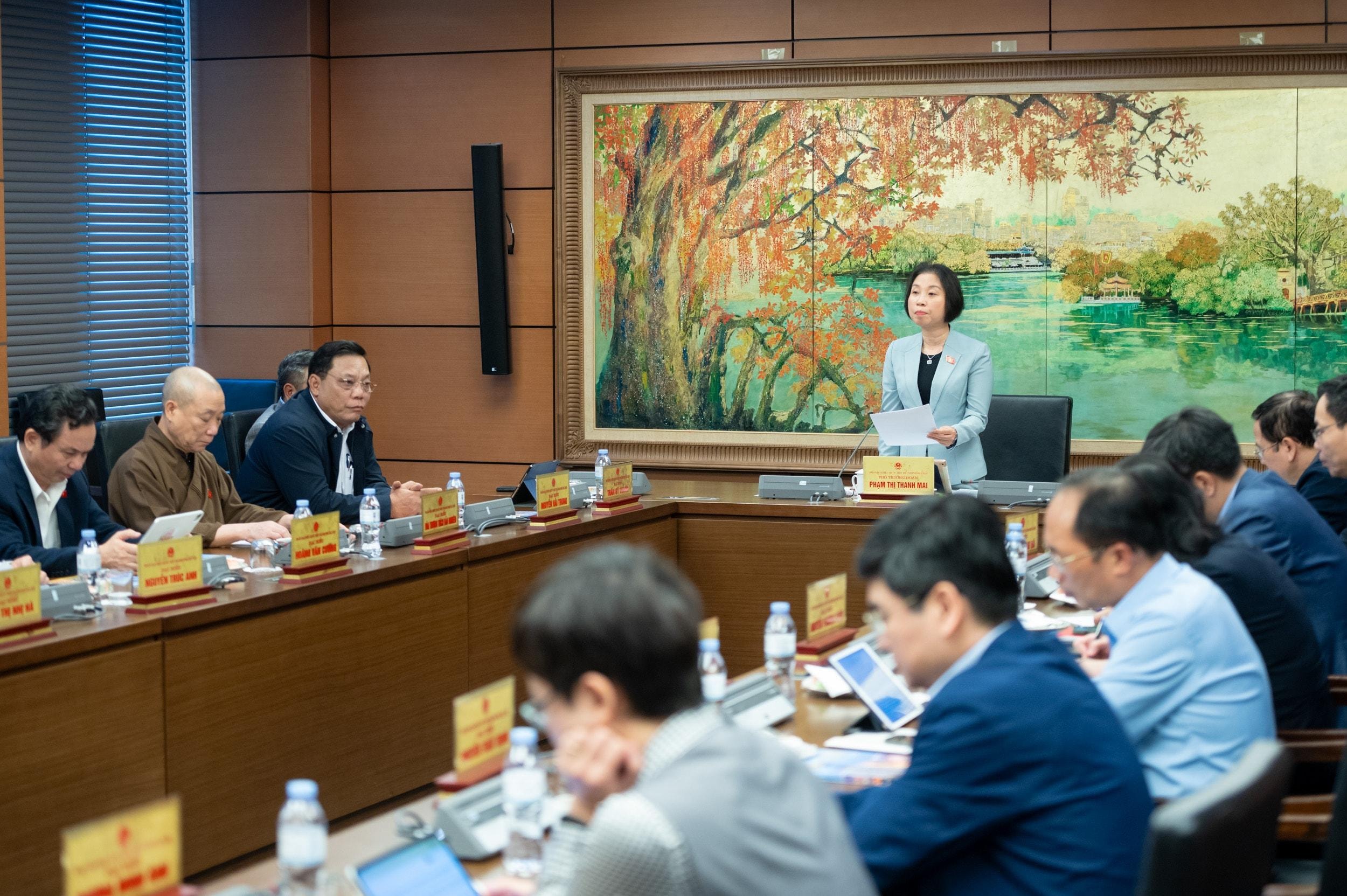
National Assembly Deputy Le Nhat Thanh also said that adding regulations on data security in the draft Law is very necessary; but it is necessary to study to ensure consistency with related law projects that are also being considered and approved by the National Assembly at this Session, such as: Law on Protection of State Secrets (amended), Law on Digital Transformation, Law on Artificial Intelligence, Law on High Technology..., thereby concretizing Resolution No. 57-NQ/TW of the Politburo on breakthroughs in science and technology development, innovation and national digital transformation, and related guiding views of the Party.
Notably, regarding the budget for cybersecurity protection of state agencies, organizations, enterprises, and political organizations, it is required to ensure at least 10% of the total budget for implementing projects, programs, investment plans, applications, and information technology development. The delegate said that this is a common practice in the world and has been stated in Directive No. 14/CT-TTg dated June 7, 2019 of the Prime Minister on strengthening cybersecurity to improve Vietnam's ranking index; in which, it is required to "ensure that the budget ratio for cybersecurity products and services reaches at least 10% of the total budget for implementing annual information technology application plans, 5-year periods, and information technology projects...".
Building a healthy and humane cyberspace environment
Also contributing comments to this Law project, Most Venerable Thich Bao Nghiem assessed that in recent years, the explosive development of artificial intelligence, social networks, big data, and cloud computing has made cyberspace an environment for rapid information dissemination, closely linked to all fields of politics, economics, culture - society, national defense, security, and foreign affairs. However, cyberspace also contains many risks; in particular, media crises with increasingly sophisticated manifestations, such as: cyber attacks on key infrastructure, state agencies, banks, energy systems, and transportation; spreading fake news, spam, cyber fraud, high-tech crimes; increasing acts of distorting and insulting national sovereignty, distorting history, defaming leaders, insulting traditional culture, and personal honor; inciting hatred, dividing religions, undermining national unity, and causing social instability.
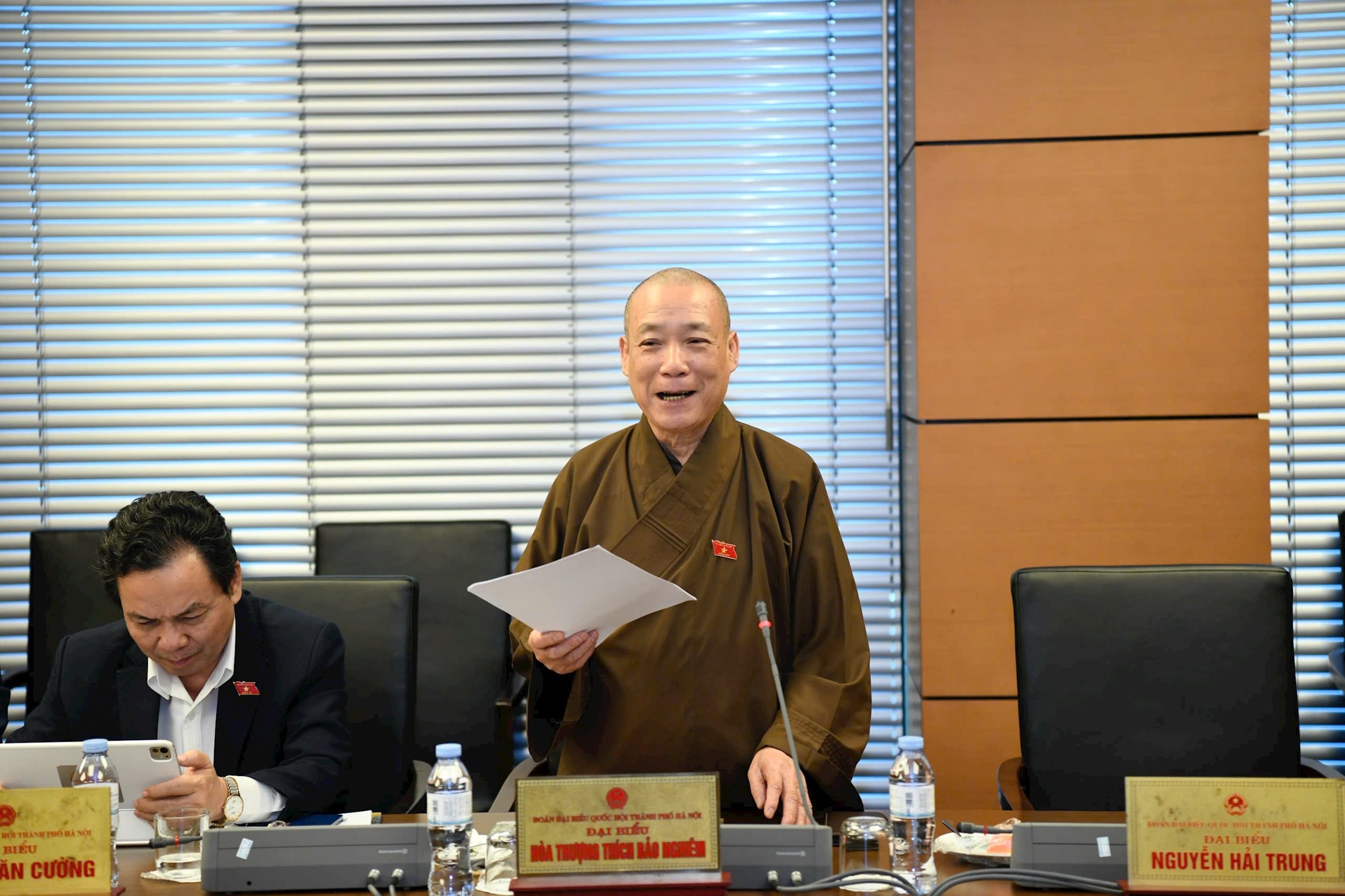
According to the Most Venerable Thich Bao Nghiem, the promulgation of the Law on Cyber Security is a necessary and timely step, demonstrating the strategic vision of the Party and State in protecting the country early and from afar in cyberspace. This is not only a fight against high-tech crimes but also a journey to build a healthy and humane cyber environment for the Vietnamese people and for Vietnamese culture. The spirit of solidarity, awareness and social responsibility needs to be aroused so that each citizen is deeply aware of the responsibility to maintain national cyber security.
"If the Cyber Security Law is built on the spirit of "security for the people, people's security for national security", it will certainly become an important foundation for the harmonious development between technology and people, between safety and freedom, between law and ethics in the digital age," emphasized National Assembly Deputy Most Venerable Thich Bao Nghiem.
To further improve this Law project, delegates proposed to strengthen regulations on preventing and handling false, distorted, and hateful information to maintain the purity of the media and protect social trust; protect the honor, dignity, and personal data of citizens, considering it a manifestation of respect for human dignity - a fundamental moral value; clearly define the responsibilities of social networking businesses, especially cross-border platforms, in controlling and removing harmful content and coordinating with Vietnamese authorities.
In addition, Most Venerable Thich Bao Nghiem also proposed to promote education and propaganda on cultural behavior in cyberspace, helping people have correct awareness, know how to use the network to spread good things, avoid spreading negative information; create a balance between the requirements of security protection and ensuring freedom of speech and creativity, towards a safe and healthy network environment, contributing to social stability and sustainable development.
Source: https://daibieunhandan.vn/bao-dam-an-ninh-du-lieu-la-yeu-to-vo-cung-quan-trong-10393856.html






![[Photo] Da Nang: Water gradually recedes, local authorities take advantage of the cleanup](https://vphoto.vietnam.vn/thumb/1200x675/vietnam/resource/IMAGE/2025/10/31/1761897188943_ndo_tr_2-jpg.webp)
![[Photo] Prime Minister Pham Minh Chinh attends the 5th National Press Awards Ceremony on preventing and combating corruption, waste and negativity](https://vphoto.vietnam.vn/thumb/1200x675/vietnam/resource/IMAGE/2025/10/31/1761881588160_dsc-8359-jpg.webp)
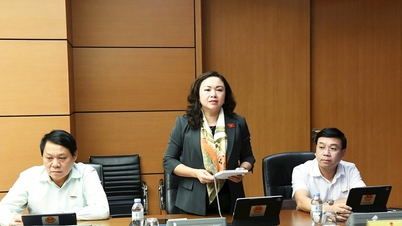
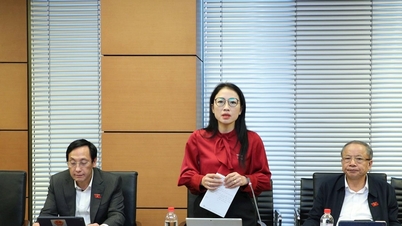
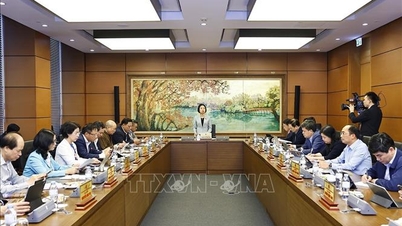

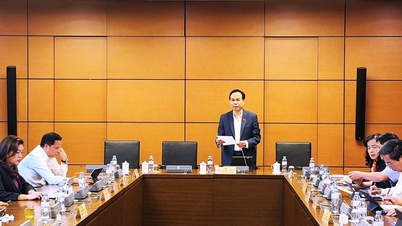
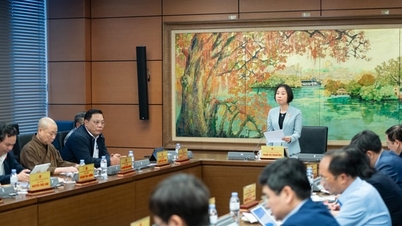

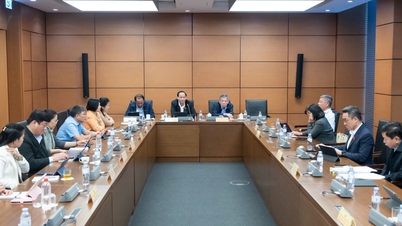
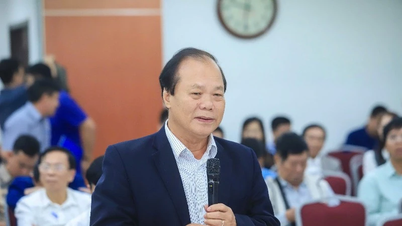

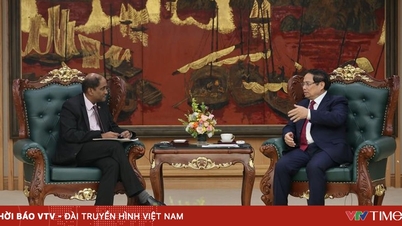


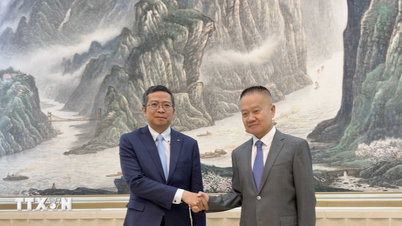


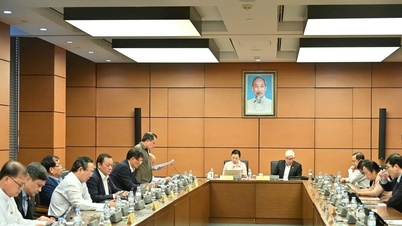




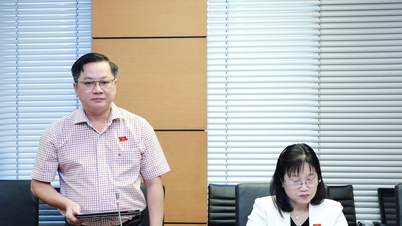
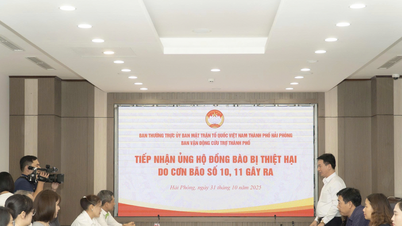
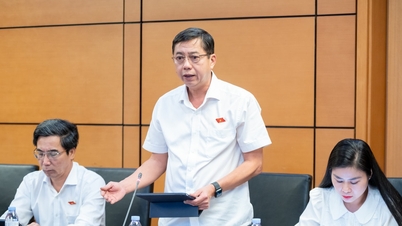
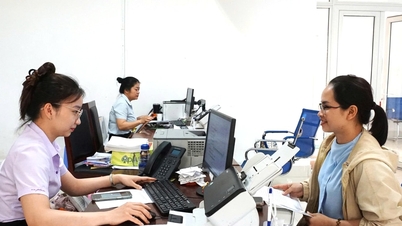
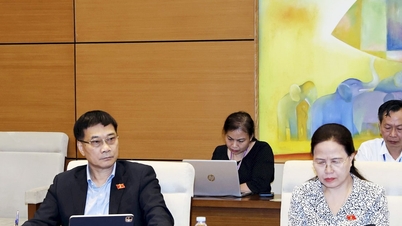
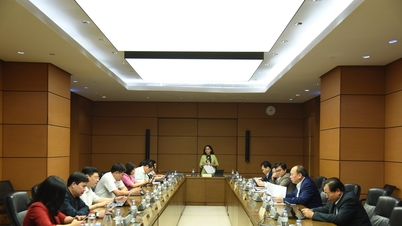



































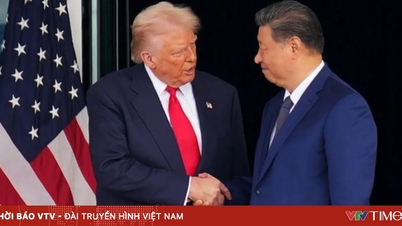
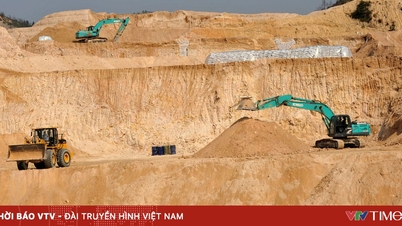
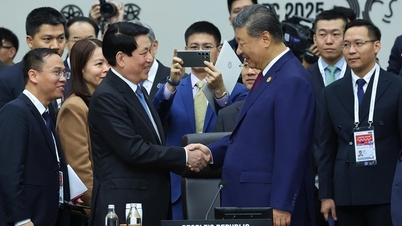





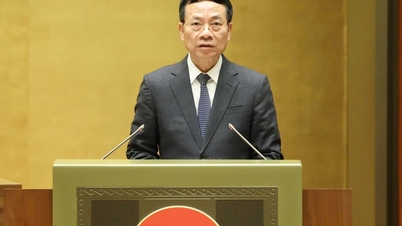

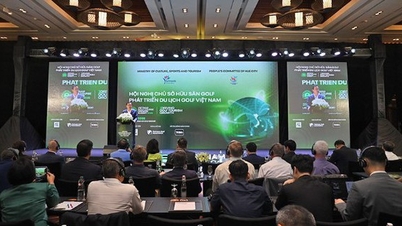
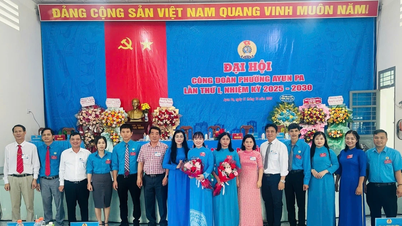























Comment (0)